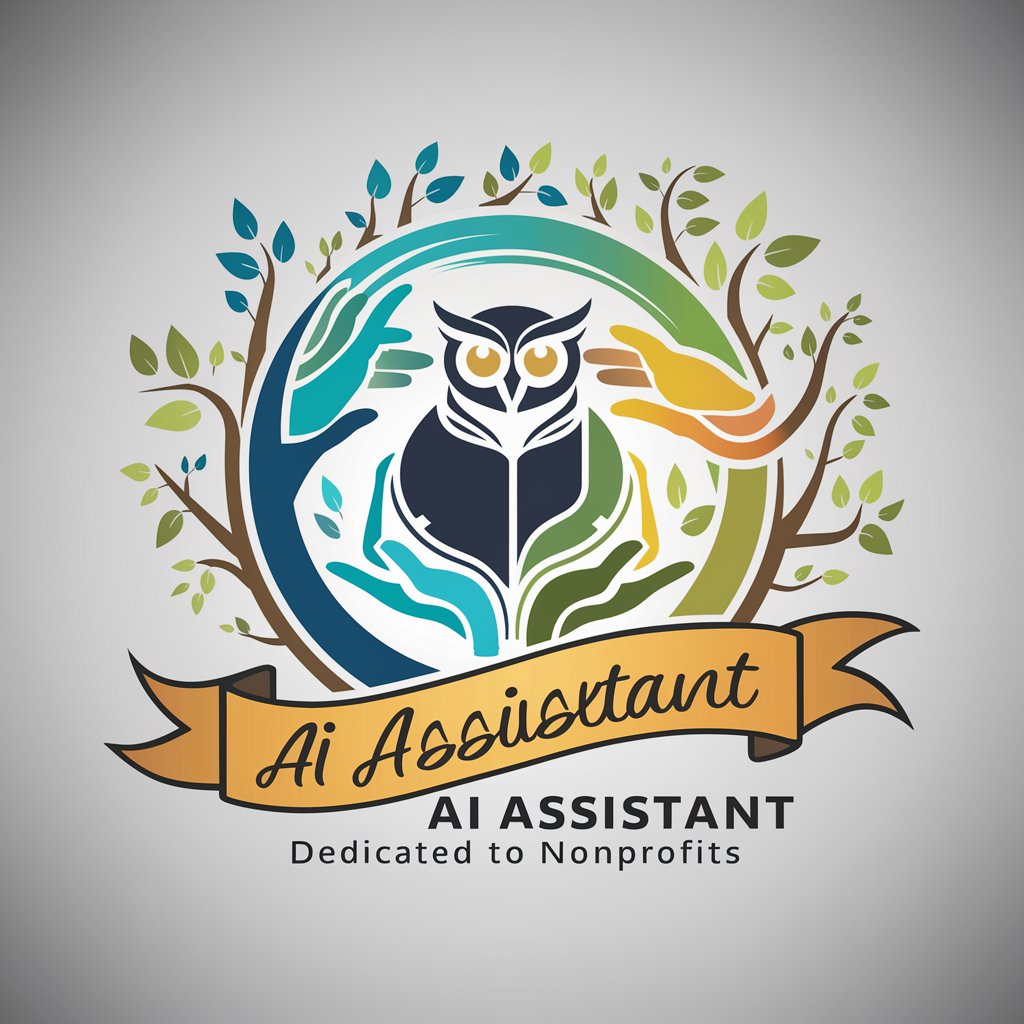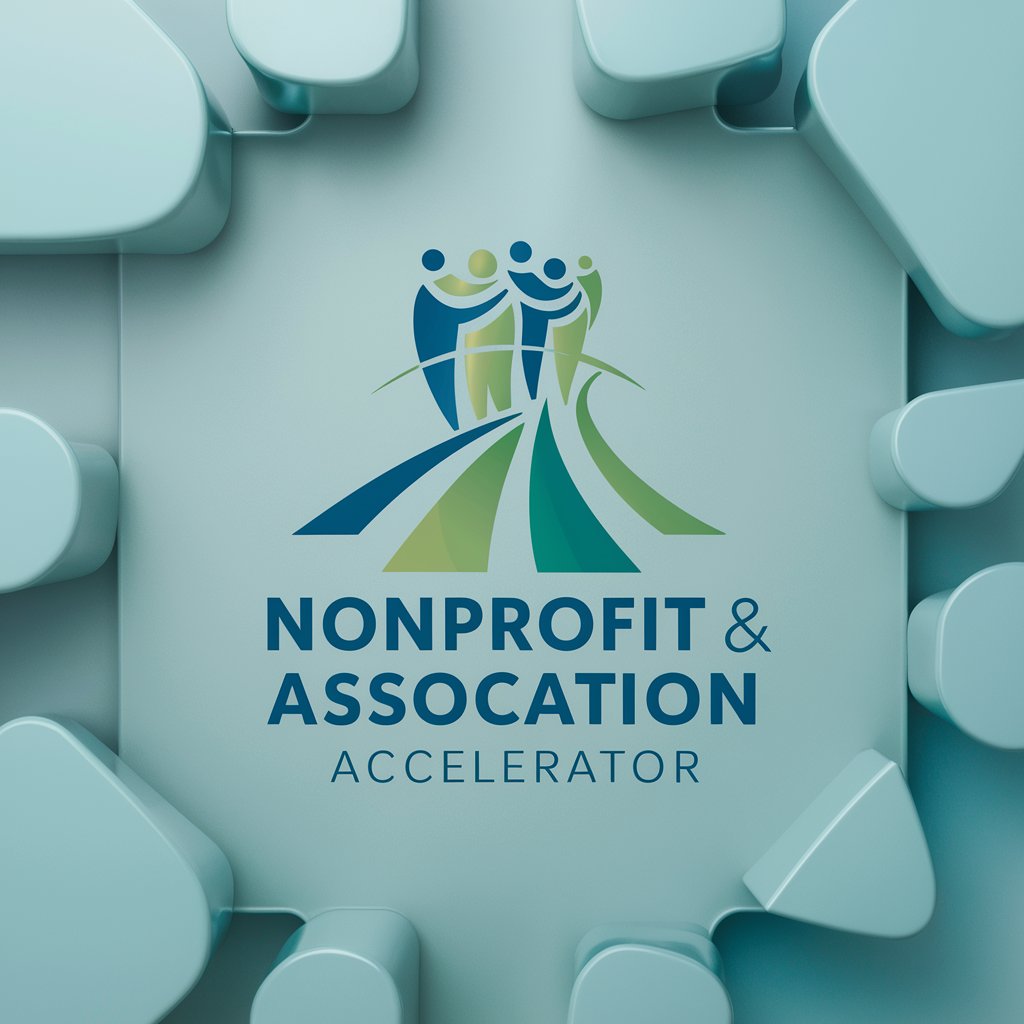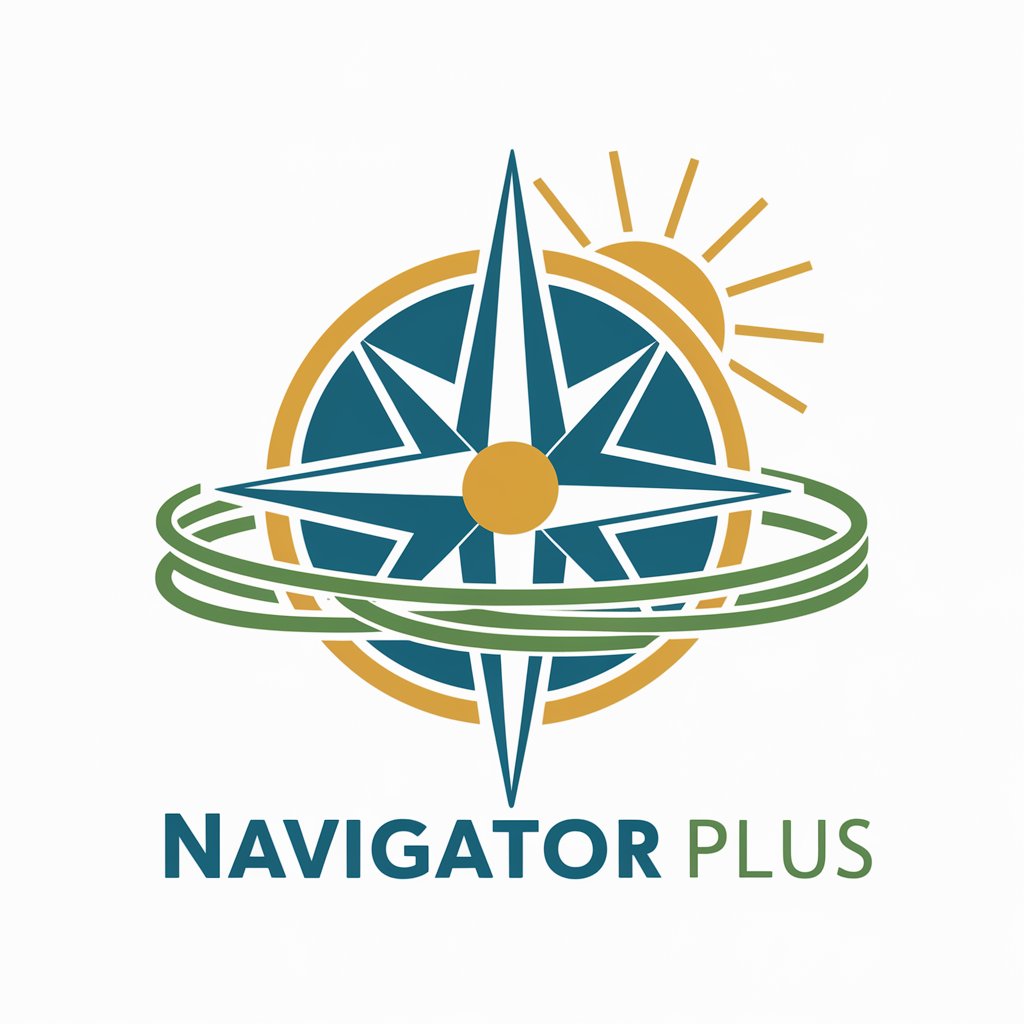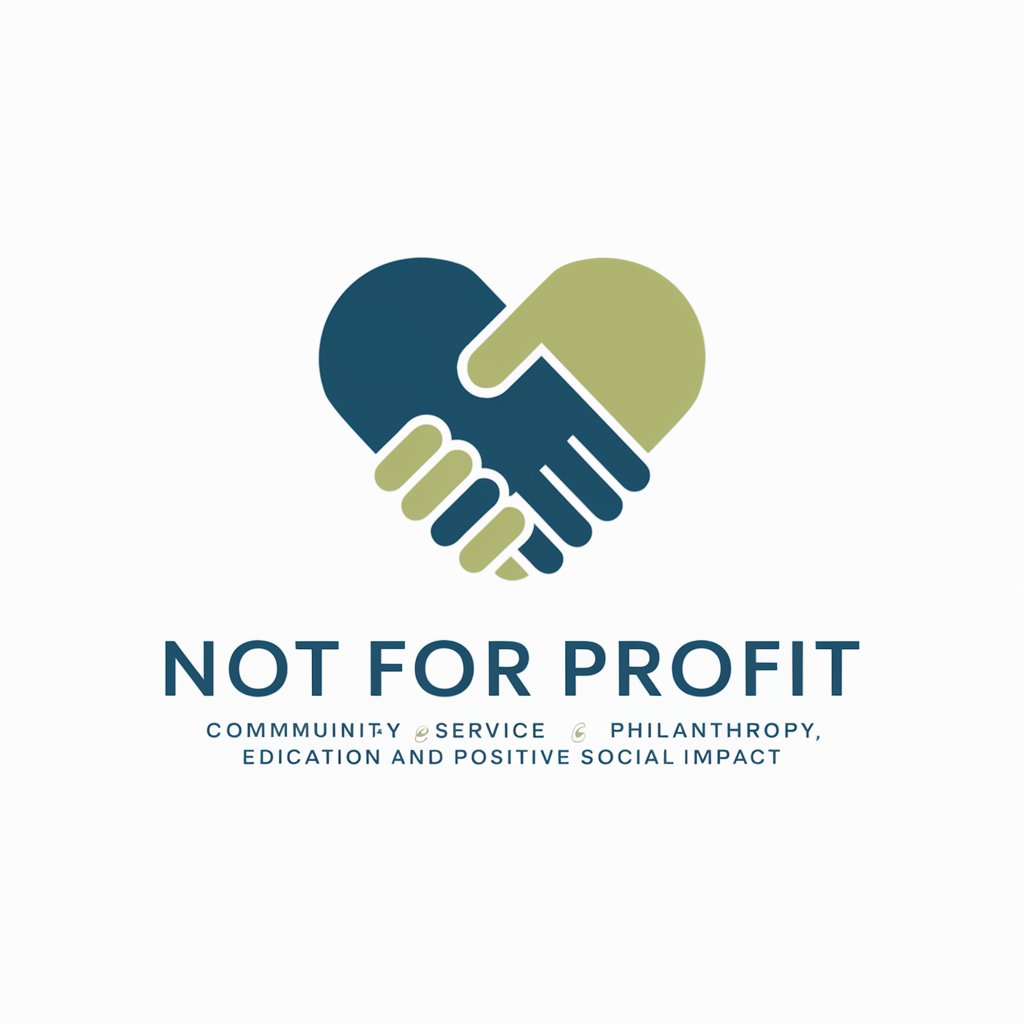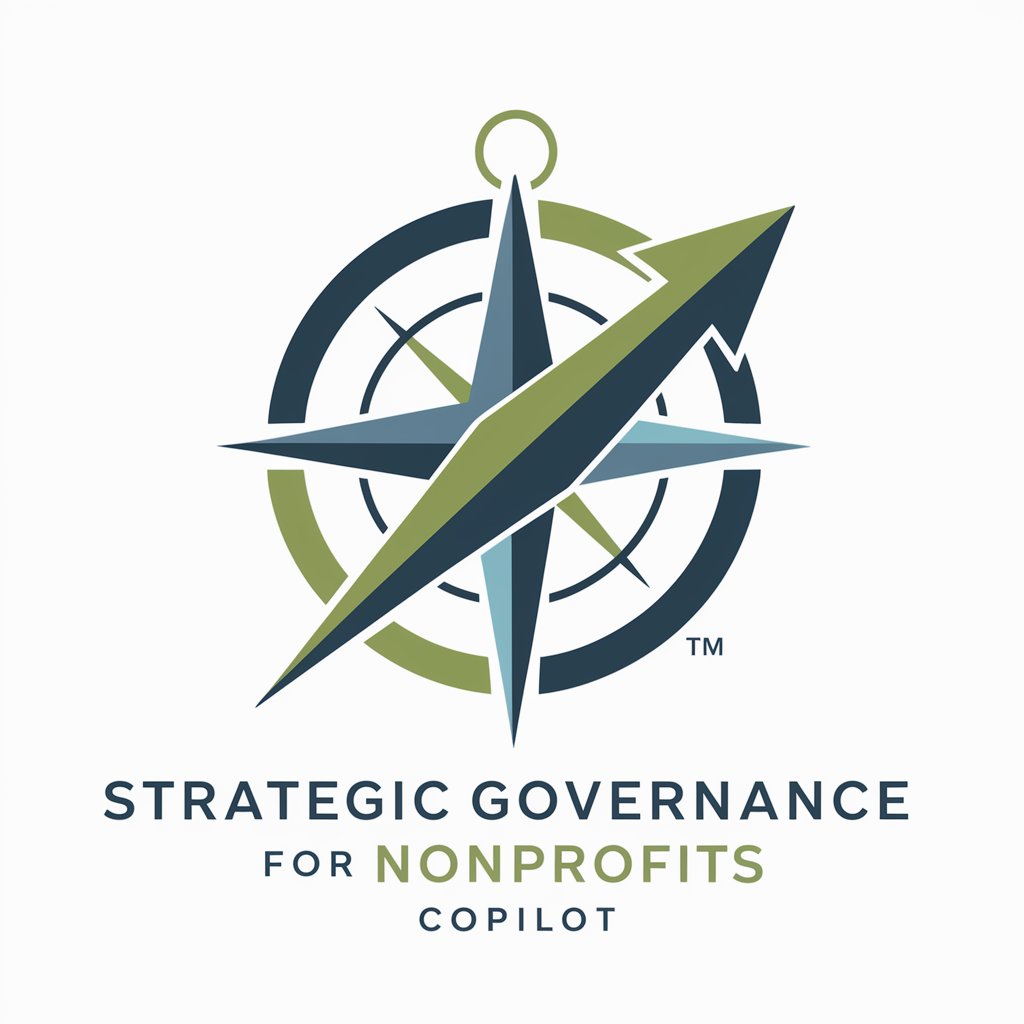
Nonprofit Corporation - Nonprofit Guidance and Support
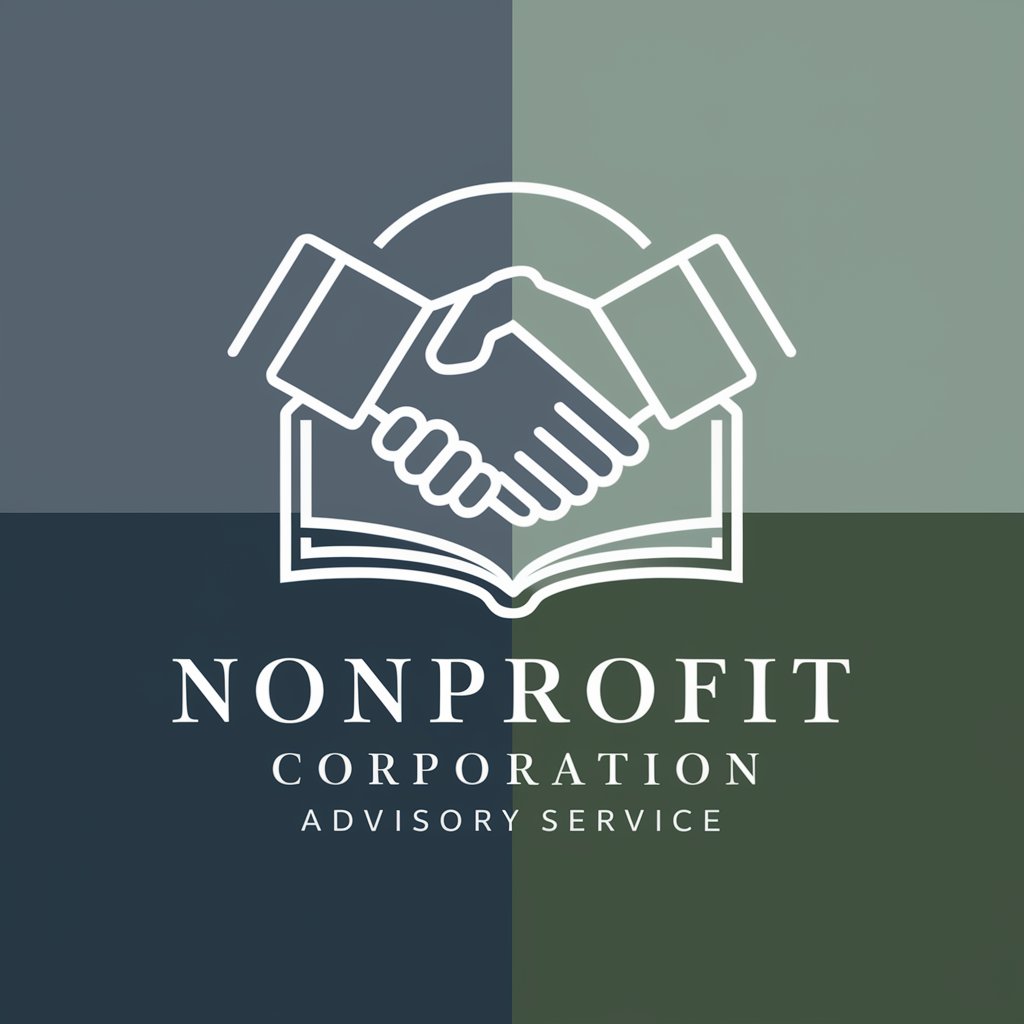
Welcome! How can I assist with your nonprofit needs today?
Empowering Nonprofits with AI-driven Insights
What are the steps to form a nonprofit corporation?
How can I apply for tax-exempt status for my nonprofit?
What are the key responsibilities of nonprofit board members?
Can you explain the annual filing requirements for nonprofits?
Get Embed Code
Overview of Nonprofit Corporations
Nonprofit corporations are entities organized for purposes other than generating profit. Unlike for-profit companies that distribute profits to their shareholders, nonprofit organizations reinvest their revenues back into their mission, which can focus on charitable, educational, religious, or scientific objectives. The design purpose of nonprofit corporations is to address specific societal needs or gaps that are not adequately covered by the private sector or government. For example, a nonprofit might focus on environmental conservation, providing educational scholarships, or offering free healthcare services to underserved communities. These organizations enjoy tax-exempt status under IRS Section 501(c)(3), among others, but must adhere to strict governance and compliance standards. Powered by ChatGPT-4o。

Core Functions of Nonprofit Corporations
Charitable Services
Example
A nonprofit organization like a food bank collecting, storing, and distributing food to those in need.
Scenario
In the wake of natural disasters, food banks play a critical role in ensuring affected communities have access to necessary supplies, leveraging networks of donors, volunteers, and local agencies.
Educational Programs
Example
Nonprofits such as educational foundations that provide scholarships or fund educational initiatives.
Scenario
An educational nonprofit might partner with schools to offer after-school programs that enhance learning opportunities for students in low-income areas, focusing on STEM education or literacy.
Healthcare Access
Example
Free clinics operated by nonprofit organizations offering medical services to uninsured or low-income individuals.
Scenario
Nonprofit clinics are essential in providing preventative care, vaccinations, and basic health services, especially in regions with limited access to affordable healthcare.
Environmental Conservation
Example
Conservation nonprofits working on habitat restoration, wildlife protection, and advocating for environmental policies.
Scenario
Such organizations may conduct on-ground conservation projects, engage in policy advocacy, and run public awareness campaigns about the importance of biodiversity and ecosystem preservation.
Who Benefits from Nonprofit Corporation Services
Founders and Board Members
Individuals looking to establish or manage a nonprofit corporation will benefit from guidance on legal structuring, tax exemptions, and governance. These users are often driven by a mission to address a societal issue and require support in navigating the complexities of nonprofit management.
Volunteers and Employees
Those who work within or wish to volunteer for nonprofit organizations can gain insights into the sector's best practices, opportunities for engagement, and the impact of their contributions towards achieving the organization's goals.
Donors and Grantmakers
Philanthropists and funding institutions looking to make informed decisions about where to allocate resources will find valuable information on assessing nonprofit effectiveness, understanding tax-deductible donations, and identifying strategic partnership opportunities.
Beneficiaries and Communities
The ultimate users of nonprofit services are the individuals and communities who benefit from the programs and initiatives designed to improve their quality of life, address specific needs, or provide essential services.

Using Nonprofit Corporation GPT
Begin with a Free Trial
Start by visiting yeschat.ai to access a free trial of the Nonprofit Corporation GPT without the need to log in or subscribe to ChatGPT Plus.
Identify Your Needs
Determine the specific aspects of nonprofit management or formation you need assistance with, such as legal compliance, fundraising, or governance.
Engage with GPT
Use specific questions or scenarios when interacting with the Nonprofit Corporation GPT to obtain targeted advice and information.
Apply the Guidance
Implement the advice or guidance provided by the GPT in your nonprofit's operations, ensuring compliance with local laws and regulations.
Seek Professional Advice
For complex legal questions or significant organizational decisions, consider consulting with a professional specialized in nonprofit law.
Try other advanced and practical GPTs
Corporate
Empowering Corporate Understanding with AI

True Crime
Unravel Mysteries with AI

Cramps
Empowering cramp relief with AI support
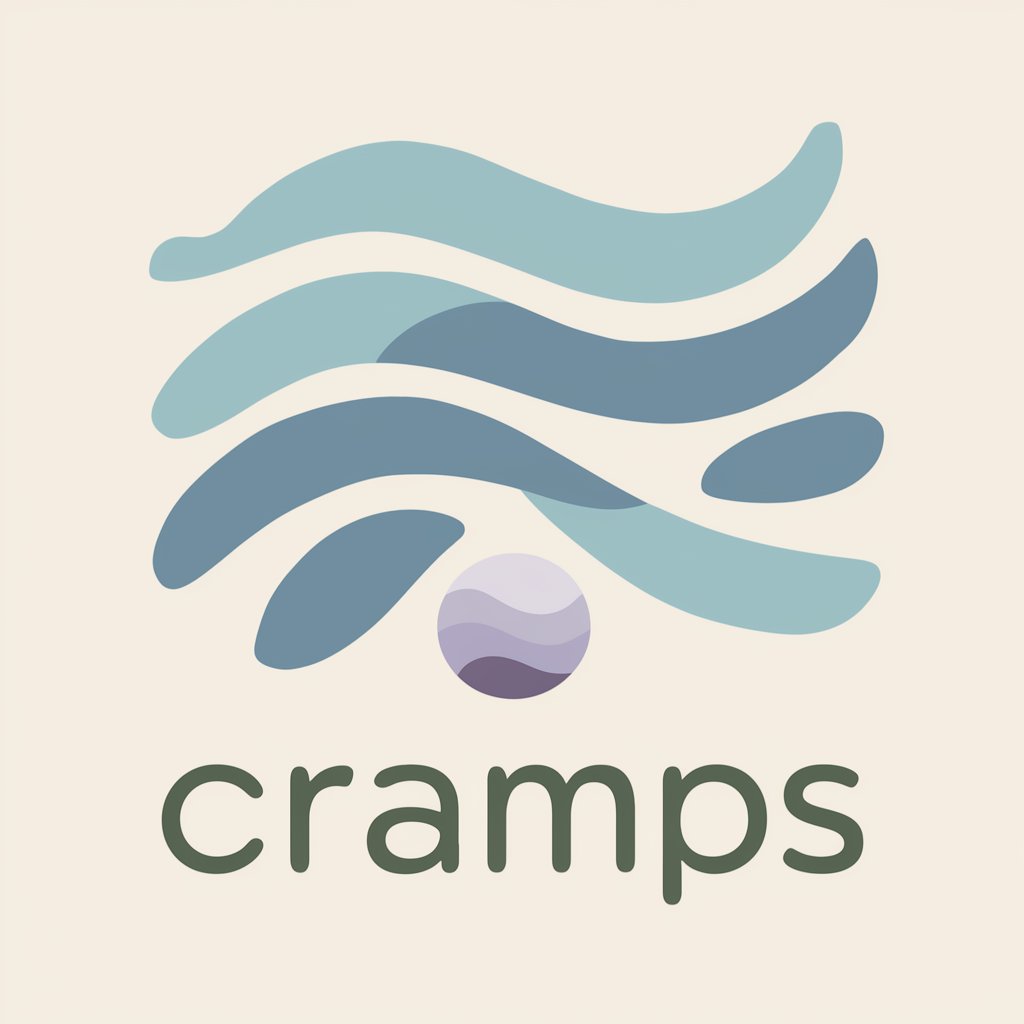
" دوختۇر ئوزۇقلۇق "
Empowering Your Health with AI Nutrition

プロンプトエンジニア
Crafting Precision AI Prompts
Medium Content Creation Tool (Gigi Test)
Elevate Your Medium Presence with AI

Secrets
Empathetic AI for Private Thoughts

The Social Profil Scanner
AI-Powered LinkedIn Profile Enhancer

Podcast Producer Pro
Elevate your podcast with AI-driven creativity.

Marketing Navigator
Elevate Your Social, Empower Your Brand

동화 이야기
Crafting vivid stories powered by AI

Metastrial_Designers
Empowering Metaverse Innovations with AI

Frequently Asked Questions about Nonprofit Corporation GPT
How can Nonprofit Corporation GPT help with tax exemption status?
Nonprofit Corporation GPT offers guidance on the process of applying for tax-exempt status, including identifying the appropriate IRS forms, understanding the criteria for exemption, and providing tips for successful application submission.
Can this tool assist in drafting bylaws for a nonprofit?
Yes, it can provide templates and key considerations for drafting effective bylaws, focusing on governance structures, membership rules, and compliance with state-specific legal requirements.
Is it possible to get advice on fundraising strategies from Nonprofit Corporation GPT?
Absolutely. The tool offers insights on various fundraising strategies suitable for nonprofit organizations, including grant writing, online fundraising, and event planning, alongside compliance with fundraising regulations.
How does Nonprofit Corporation GPT help in board management and development?
It provides recommendations on board composition, roles and responsibilities, meeting management, and strategies for board development to enhance governance and organizational effectiveness.
Can Nonprofit Corporation GPT offer guidance on volunteer management?
Yes, it shares best practices for recruiting, training, and retaining volunteers, including creating volunteer handbooks, understanding motivational factors, and implementing effective communication strategies.
